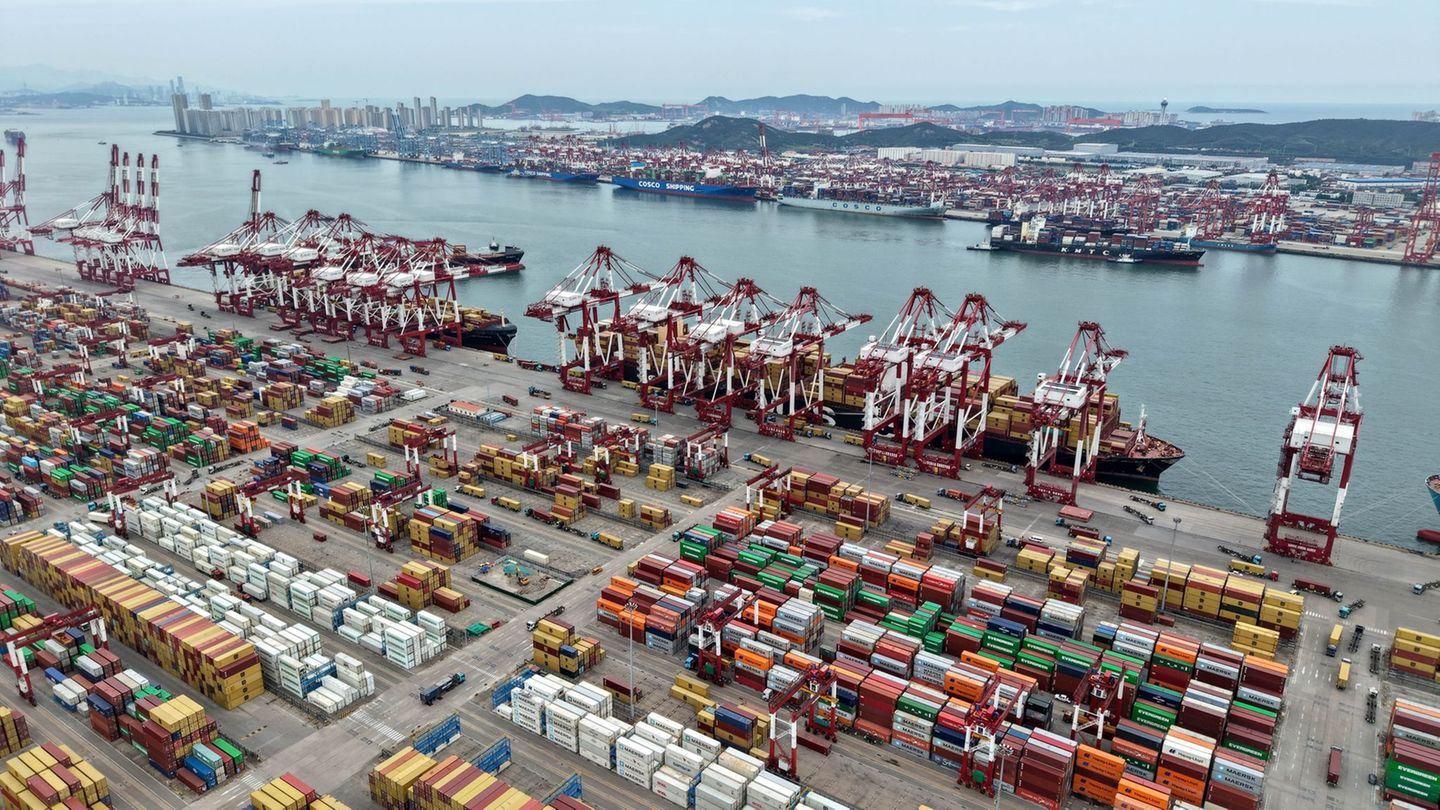Image: organic school
The higher price compared to industrially produced food is often perceived as an obstacle when it comes to buying organic food. Astrid Schauer and Katrin Eckerstorfer, research assistants at the Schlägl Biocompetence Center, point out the importance of agriculture in general and regional organic production. So much in advance: organic food is an affordable alternative for almost everyone.
Save without giving up organic
Many consumers find organically produced food too expensive. The solution would be very simple: “You can afford it if you only buy what you really need”, say the experts. You shouldn’t resort to lure offers and promotional packages. A large portion often ends up in the trash. It’s about shopping consciously. Even an overripe cucumber or a not entirely flawless apple has its place: “The inner values count”say the two. “Healthy organic food certainly does not have any negative effects on the body or the environment, such as foods that are treated with chemical synthetic agents.”
In addition, a healthy diet has a better lasting effect on the body than a short, expensive vacation, which is often associated with a lot of stress. “Everyone probably has one or two points where they can save money without having to sacrifice anything. Then organic becomes definitely affordable.”
Improve food reputation
Although agriculture ensures an independent supply of high-quality food, it often struggles with a bad image. Cattle farming and the meat derived from it are decried as damaging to the climate, and farmers are defamed as well-subsidized air polluters. “You simply have to be aware of how much work goes into a liter of milk, what ecological services farmers provide and what all the regulations and requirements actually mean for a company. There needs to be better cooperation between farmers and consumers, because only together can we preserve our livelihoods on earth.”
“Double standards” in nutrition
The experts repeatedly experience double standards when it comes to nutrition issues. On the one hand, food should meet high standards. It’s about animal husbandry and animal welfare as well as sustainability and resource conservation. “At the same time, they should be as cheap as possible. That doesn’t add up”say the two employees at the Schlägl Biocompetence Center, a joint project between the Schlägl Bioschule and FiBL in Vienna. As farmers, they know what they are talking about.
They don’t let consumers off the hook either: “With every purchase, the consumer has control over who gets the production order and how our food is produced. This has an impact on the quality of our food and therefore on our health. The price shouldn’t be the deciding factor”Astrid Schauer and Katrin Eckerstorfer are deeply convinced.
My themes
For your saved topics were
new articles found.

info By clicking on the icon you can add the keyword to your topics.
info
Click on the icon to open yours “my themes” Page. They have of 15 keywords saved and would have to remove keywords.
info By clicking on the icon you can remove the keyword from your topics.
Add the topic to your topics.
Source: Nachrichten




